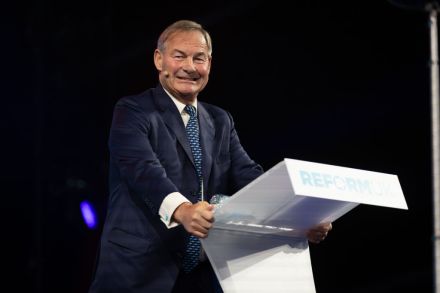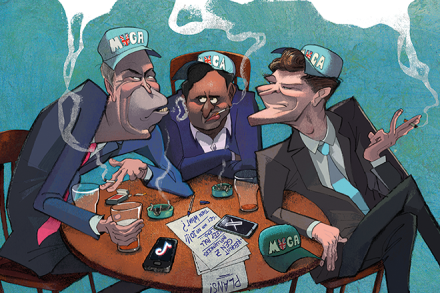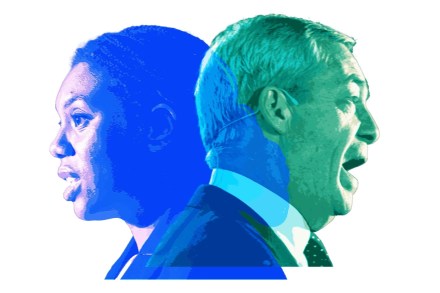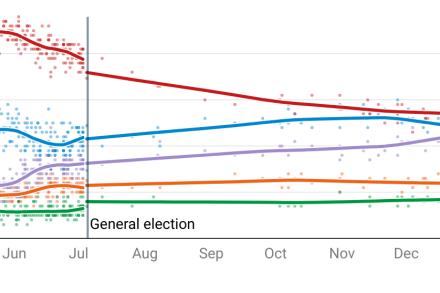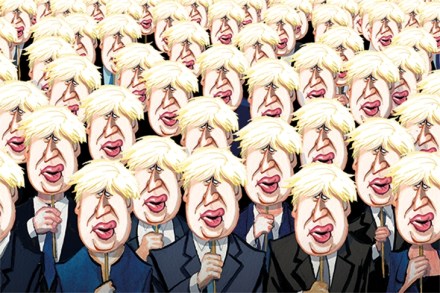Have Reform blown it?
18 min listen
Loyal listeners will remember that just three months ago we released a podcast asking: Is 2025 Farage’s year? The answer was ‘yes’, provided Reform UK can keep their five MPs in line… As predicted – and despite all the talk of professionalisation – Nigel Farage’s latest political outfit is following the pattern of the parties that came before: infighting. On Friday night, the Reform party stripped Rupert Lowe of the whip after referring him to the police. Lowe stands accused of workplace bullying and threatening behaviour towards party chair Zia Yusuf. These are allegations that he strongly denies, calling the whole affair a ‘witch hunt’. How long has there been tension between
